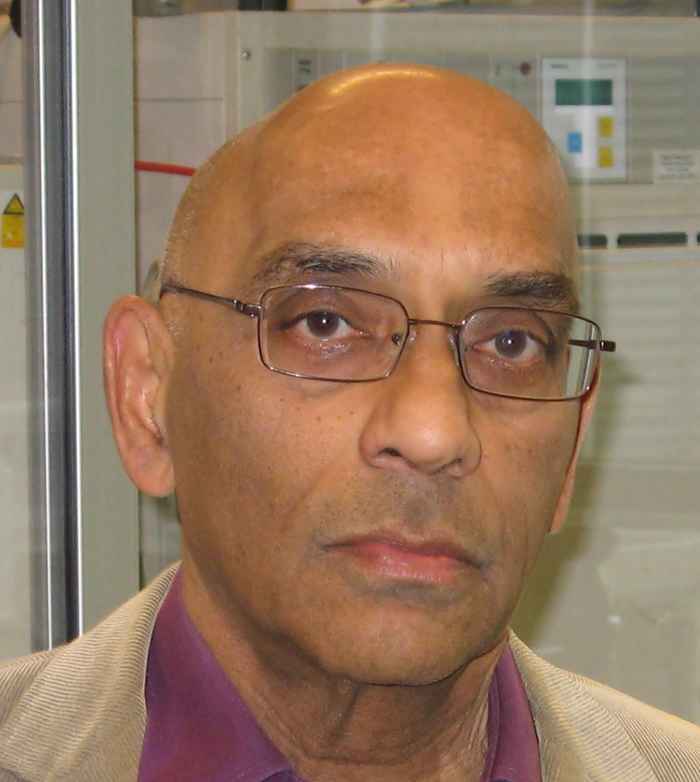Rajamani Krishna among most cited chemists worldwide
19 November 2024
The list that was published today confirms Krishna’s position among the world's most cited chemists. Clarivate identifies researchers who have been most frequently cited by their peers over the last decade according to data drawn from the Web of Science citation index, combined with analysis performed by bibliometric experts and data scientists. In 2024, Clarivate awarded 6,886 Highly Cited Researcher designations to 6,636 individuals. 218 of such designations are in the Chemistry category where two researchers are from the Netherlands; Prof. Bert Weckhuysen from Utrecht University is accompanying Prof. Krishna. With a total of 185 Highly Cited Researcher designations across all fields of science, the Netherlands is at the seventh place in the top-10 of countries with the highest number of highly cited researchers.
Improving process technologies with molecular insights

Throughout his career, Rajamani Krishna has focused on improving technologies related to reaction and separation by means of investigating physico-chemical phenomena at the molecular and microscopic levels. One of the key aspects of his research is the development of unifying concepts in multicomponent diffusion and multiphase hydrodynamics, both in separations and reaction engineering. It has provided many improvements in technologies concerning distillation, recovery of oil from shale, fluidized catalytic cracking, catalytic reforming, hydroprocessing, and hydrocracking. In recent years, Krishna has contributed to many research projects in the field of metal-organic framework (MOF) separations, especially with his mathematical modelling of the separation performance.
Krishna has published two textbooks of which one has been translated into Chinese, has more than 500 peer-reviewed journal articles, and holds several patents. According to the latest statistics on Google scholar, his publications have been cited over 70,000 times, with an h-index of 136. Krishna has received several awards for his scientific contributions, including the Akzo Nobel Science Award in 1997, and the prestigious ENI award in 2013.
See also
- The 2024 Highly Cited Researchers list
- Analysis of the list
- YouTube contains several highlights of professor Krishna's research